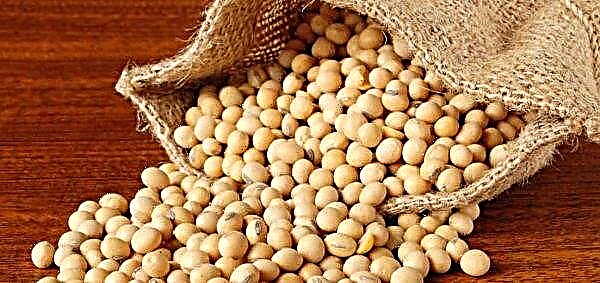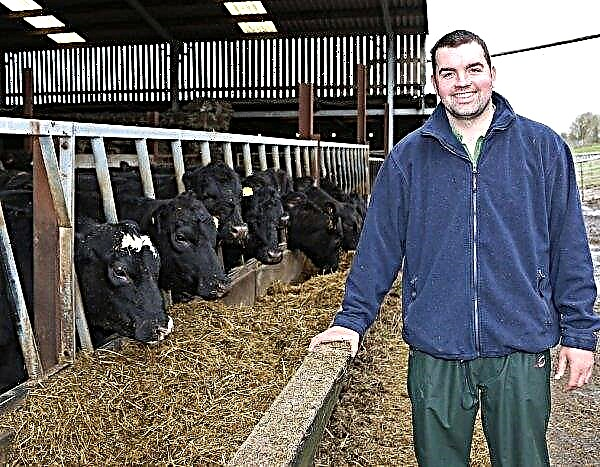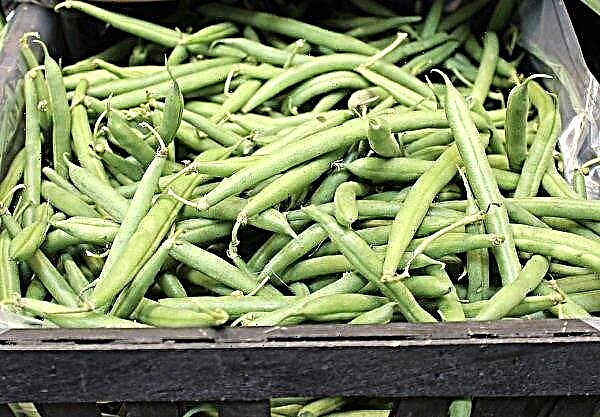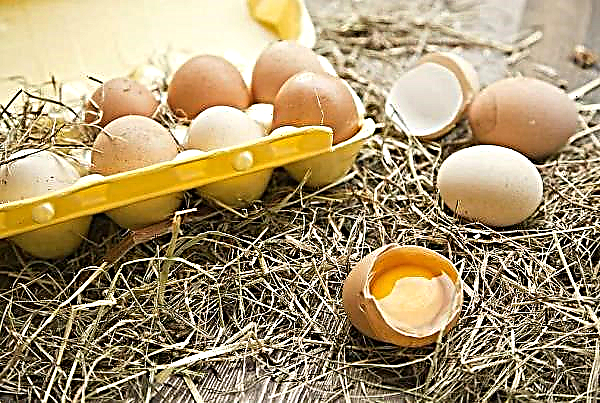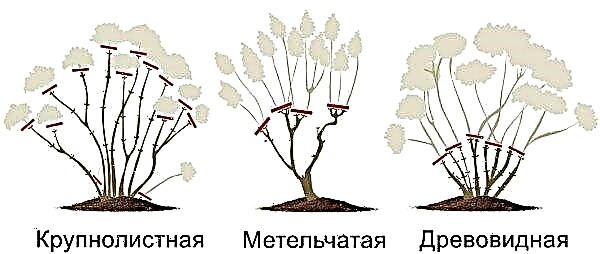Shortly before the pumpkin harvest this year, German discounters decided on radical changes: in 2018, no organic-quality pumpkins were introduced by default in any supermarket, and in 2019 all ordinary pumpkins were removed from the assortment.
“Last year we had problems with marketing, this year it works very well, respectively,” said Bernd Kugelmann, who grows mainly zucchini, pumpkin and celery, lettuce and leeks on his organic farm.
“By this decision, shortly before the harvest, colleagues with ordinary goods had big problems with selling goods: vegetables are now spoiling in the field.”
German consumers are always willing to buy pumpkins. Pumpkin in this country is becoming an increasingly year-round product. Vegetables, which are increasingly used for baby food, are especially popular for organic farming.

The food retailer is increasingly seeking to directly contact manufacturers and thus bypasses intermediaries. Logistics is also the responsibility of Kugelmann.
Most of its goods are delivered by forwarders to the central network warehouses. This trend, in turn, has led to an increase in the number of companies engaged in fresh food logistics in the region, he says.

“In addition, now we have two own trucks (7.5 tons) and a large sprinter, with which we can take orders at any time or additional deliveries - a service that our customers really appreciate.”

